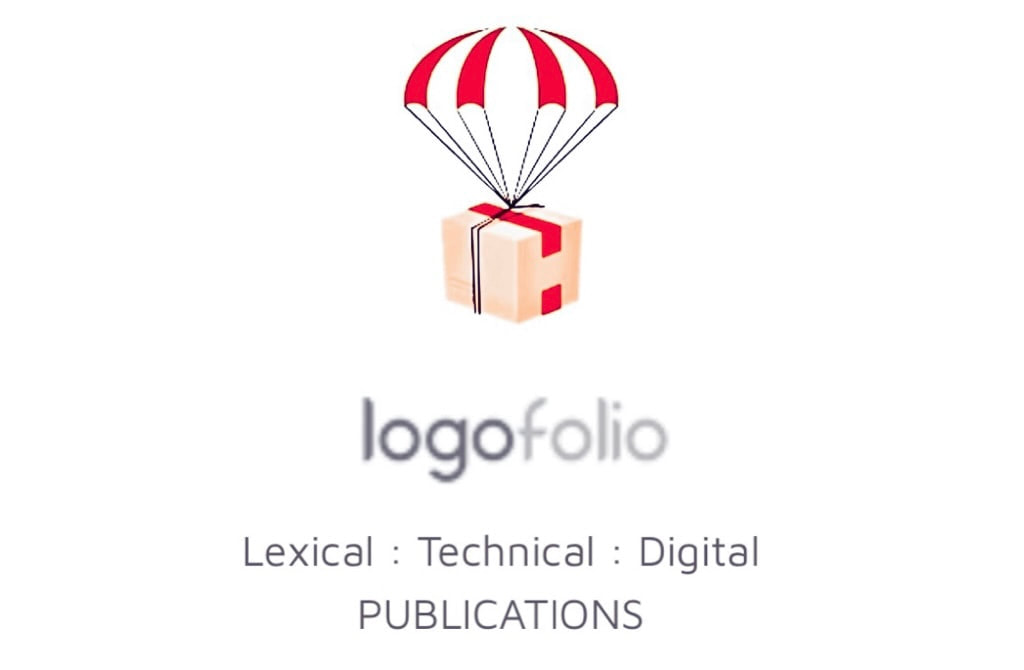a language and literary reference for logophiles, bibliophiles and glossophiles word lovers, readers and writers
WORDS CAN BE
bold, impactful, simple, colorful, weak, strong, sexy, seductive, alluring or intriguing, loving, positive, light, hopeful, cheerful, happy, nostalgic and optimistic or negative, cruel, haunting, dark, ugly, heartbreaking, understated, ominous, chilling, mystical, frightening or foretelling. They can be meticulous, concise, deep, lighthearted, insightful, meaningful, provocative, intellectual, informative, philosophical, scientific, historical, or silly, nonsensical, fun, lighthearted, humorous, or fun. Intent can be ironic, figurative, sarcastic, metaphorical, colloquial, symbolic or allegorical, melodious, mellifluous, poetic, formal, artful, classy, dramatic, dry, elegant, literary, technical, concise, verbose, dull or lyrical.
Words can be rare, archaic, obsolete, obscure, unusual, old-fashioned, modern, lost, fossils, slang, coined, neologistic, nostalgic, popular, or even canceled
bold, impactful, simple, colorful, weak, strong, sexy, seductive, alluring or intriguing, loving, positive, light, hopeful, cheerful, happy, nostalgic and optimistic or negative, cruel, haunting, dark, ugly, heartbreaking, understated, ominous, chilling, mystical, frightening or foretelling. They can be meticulous, concise, deep, lighthearted, insightful, meaningful, provocative, intellectual, informative, philosophical, scientific, historical, or silly, nonsensical, fun, lighthearted, humorous, or fun. Intent can be ironic, figurative, sarcastic, metaphorical, colloquial, symbolic or allegorical, melodious, mellifluous, poetic, formal, artful, classy, dramatic, dry, elegant, literary, technical, concise, verbose, dull or lyrical.
Words can be rare, archaic, obsolete, obscure, unusual, old-fashioned, modern, lost, fossils, slang, coined, neologistic, nostalgic, popular, or even canceled
WHAT IS A LOGOPHILE?
A logophile is a lover of words. We can also be called (quite dramatically) a logomaniac.
Oxford English Dictionary defines that "a person who is obsessively interested in words." This definitely describes that magnetic pull words can have on us. From the Greek ‘logo’ meaning “word” and -phile meaning “love. Earliest documented use is 1959.
A logophile does not have to be a writer and a writer does not have to be a logophile. The one thing they both seem to have in common though is voracious love for reading. They have a passion for words. Both can always be found with their nose in a book. Where else could they have discovered their passion? Reading. Through reading we discover that we love to play with words.
A lexicon is the vocabulary of a person, language or branch of knowledge. The Logophile Lexicon is a word list that is catered to the vocabulary of logophiles. Who loves to play with beautiful words enough to be defined as a logophile? Writers do. And they weave beautiful words together to form the oldest form of communication in history - the art of storytelling. From the Early 17th century: modern Latin, from Greek ‘lexikon’ (biblion) ‘(book) of words’, from lexis ‘word’, from legein ‘speak’.
A logophile is a lover of words. We can also be called (quite dramatically) a logomaniac.
Oxford English Dictionary defines that "a person who is obsessively interested in words." This definitely describes that magnetic pull words can have on us. From the Greek ‘logo’ meaning “word” and -phile meaning “love. Earliest documented use is 1959.
A logophile does not have to be a writer and a writer does not have to be a logophile. The one thing they both seem to have in common though is voracious love for reading. They have a passion for words. Both can always be found with their nose in a book. Where else could they have discovered their passion? Reading. Through reading we discover that we love to play with words.
A lexicon is the vocabulary of a person, language or branch of knowledge. The Logophile Lexicon is a word list that is catered to the vocabulary of logophiles. Who loves to play with beautiful words enough to be defined as a logophile? Writers do. And they weave beautiful words together to form the oldest form of communication in history - the art of storytelling. From the Early 17th century: modern Latin, from Greek ‘lexikon’ (biblion) ‘(book) of words’, from lexis ‘word’, from legein ‘speak’.
WORDS ABOUT WORDS
Discover the people who love words, study words and those who weave them into stories , poetry, songs and art.
View the form and structure that makes up the framework of language, fiction and poetry. Read how words are created, altered, defined, and what can be done to change meaning.
NO ORDINARY GLOSSARY
This lexicon is not a dictionary or glossary of literary terms. It is an eclectic and unusual collection of literary words that appeal to the lovers of words and the writers who seek to boost their literary knowledge and vocabulary.
You can view the words by topic on the pages of this website or you can download the complete volume in a guide to save, print or share. All free.
DIRECT :>: SEARCH :>: DEFINE :>: DOWNLOAD







